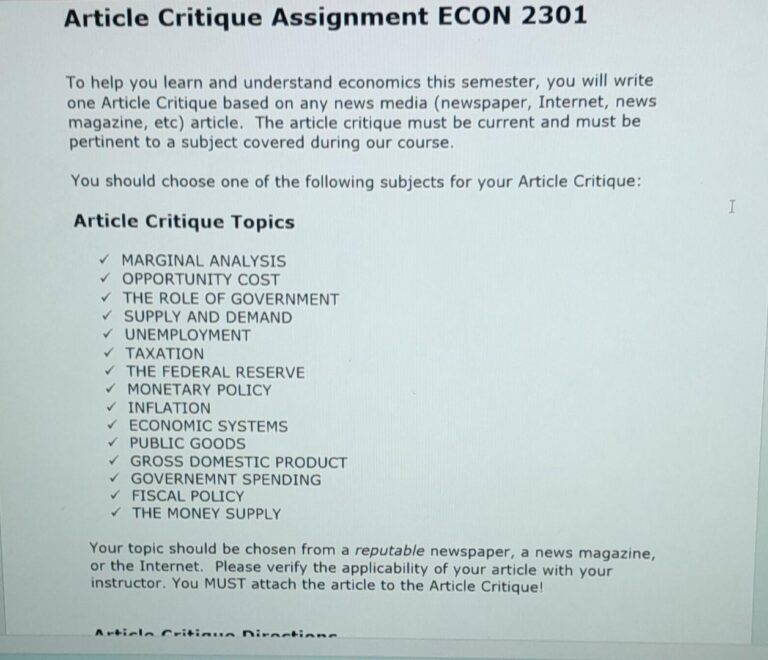Groundbreaking Solar Energy Partnership: Mauritius Leads Africa
In a significant advancement for both Mauritius and the broader African continent, the island nation has made history by becoming the first African country to endorse the International Solar Alliance’s (ISA) Country Partnership Framework. This momentous agreement is viewed as a crucial stride towards fostering enduring energy solutions, showcasing Mauritius’s dedication to bolstering its renewable energy capabilities and tackling climate change challenges. Leaders from both ISA and Mauritius convened to celebrate this milestone, highlighting its potential influence on green energy initiatives throughout the region. As global focus shifts toward renewable resources, this partnership sets an inspiring example for other African nations, paving a path toward a more sustainable and resilient energy future across the continent.
Mauritius Takes Initiative in Solar Energy Collaboration
Mauritius has garnered attention by being the inaugural African nation to sign onto the International Solar Alliance’s (ISA) Country Partnership Framework. This pivotal agreement signifies an significant leap forward in enhancing regional collaboration on solar energy projects and promoting sustainable development. By joining forces with ISA, Mauritius opens doors for innovative solar initiatives that can enhance both energy security and economic prosperity within the region.
The framework delineates actionable commitments anticipated to deliver considerable advantages for Africa, particularly in areas such as:
- Technology Exchange: Facilitating access to cutting-edge solar technologies that encourage local innovation.
- Skill Development: Enhancing human capital through targeted training programs.
- Investment Attraction: Drawing financial resources necessary for solar project implementation.
- Policy Innovation: Crafting regulatory frameworks that support solar energy expansion.
This groundbreaking agreement not only empowers Mauritius but also holds promise for accelerating widespread adoption of solar power across Africa—ultimately aiding in achieving sustainability objectives on the continent.
Impact of ISA Framework on Sustainable Development Initiatives in Mauritius
The endorsement of this Country Partnership Framework under ISA represents a transformative chance for Mauritius, positioning it at the forefront of sustainable development efforts within Africa. This collaboration will harness Mauritian’s abundant sunlight resources while catalyzing a transition towards renewable energies—significantly lowering carbon emissions. By aligning with ISA goals, Mauritius aims to bolster its energy independence while promoting eco-friendly technologies essential for fulfilling local and international sustainability targets.
The ramifications of this partnership extend beyond mere energy production; it lays foundational groundwork for complete policy reforms alongside capacity-building endeavors aimed at transferring advanced solar technologies from fellow ISA member states. Key focal points will include:
- Catalyzing Investment Opportunities: Unlocking funding avenues dedicated to renewable projects.
- Create Job Opportunities: Generating employment prospects within green technology sectors.
- Civic Involvement: Raising public awareness about benefits associated with solar power usage among citizens.
- Ecosystem Resilience Enhancement: Strengthening community resilience against climate-related adversities through improved practices.
This strategic alliance is set to attract considerable investments into renewable sectors which could position Mauritius as an exemplar model for other nations across Africa. The success stemming from this framework may inspire broader regional movements towards adopting sustainable practices—making tangible impacts on developmental trajectories throughout the continent.
Strategic Approaches To Optimize Benefits From The Partnership
Mauritius should prioritize establishing robust communication channels among key stakeholders—including government entities, local enterprises, and representatives from ISA—to maximize benefits derived from this Country Partnership Framework.Such collaboration can yield several positive outcomes including:
- Keen Knowledge Exchange: Utilizing best practices along with technological advancements shared by other member countries of ISA can expedite deployment efforts related to solar power systems.
- Skill Enhancement: Conducting workshops aimed at equipping locals with essential skills pertaining specifically towards managing projects involving photovoltaic technology.
- Community Outreach: Implementing educational campaigns designed not only inform residents about advantages linked directly associated utilizing clean sources like sunlight but also motivate them participate actively these initiatives.
A critical next step involves creating monitoring frameworks capable evaluating progress effectively ensuring all objectives outlined are met satisfactorily.Establishing quantifiable indicators allows tracking advancements while adjusting strategies accordingly when needed.This could encompass metrics such as :
Metric
| Goal | |
|---|---|
| Installed Solar Capacity (MW) | 200 MW by 2025 |
| Decrease In Carbon Emissions (%) | 30% reduction by 2030 |
| Number Of Training Sessions Held | 10 annually per year .  |







